Urinary stones affect nearly 10% of people in the United States, and those sufferers have a 50% chance of forming more stones within five years. There aren't many proven treatments for the prevention of urinary stones, but studies support that high fluid intake is perhaps the most effective preventive strategy.
The American Urological Association and American College of Physicians both advocate a daily goal urine volume of 2.5 liters — nearly 11 cups — for people who form urinary stones. Achieving that level of hydration and the resulting urinary volume, however, can be a considerable challenge.
In research to determine the accuracy of daily fluid intake measurements using a self-monitoring analysis and reporting technology (smart) water bottle, HidrateSpark proved accurate within 3% of manual recordings. That level of accuracy means the technology can be used as a behavioral aid and research tool, particularly for people with low urine volume who recurrently form urinary stones.
"We are very encouraged that studies have shown that smart technology and mobile health applications can be beneficial in improving compliance with lifestyle and dietary requirements and facilitating a sustainable behavioral change," says Coleman Iverson, HidrateSpark co-CEO. "We were thrilled when Michael S. Borofsky, M.D. approached us to participate in a study that looked at mobile health technology as it applies to increasing fluid intake, particularly among people who form urinary stones."
The clinical trial
The HidrateSpark smart water bottle is designed to be used as a noninvasive fluid intake monitoring system. It allows users to track daily fluid intake in real time via smartphone, to help achieve their hydration goals. Data are sent from the sensor to an App each time the bottle detects a change in water level and position through an accelerometer incorporated in the sensor. Users are able to track their progress by accessing the free HidrateSpark App on their smartphone and volume measurements are reset every 24 hours.
Dr. Borofsky's study team recruited eight healthy nurses and surgeons to assess the accuracy of measured fluid intake over 24-hour periods in a real-life setting. Study participants received a HidrateSpark smart water bottle and a tutorial that included a step-by-step demonstration of its use.
To ensure baseline accuracy in recordings, participants were asked to fill the bottles completely (to 24 ounces) and place them on a flat surface for 10 seconds to allow calibration. They then drained all fluid from the bottles to ensure that an accurate measurement had been recorded to the app.
To make the measurements, participants were asked to fill the bottle to precisely 24 ounces and drink to completion then refill with 24 ounces each time. Any residual fluid at the end of the 24-hour period was then poured into a measuring cup and the residual volume subtracted from the day's total.
The researchers taught study participants how to calibrate and recalibrate the bottle to ensure consistent readings. Participants were given permission to recalibrate the bottles on their own in the event of perceived inaccuracies in fluid tracking. They were then asked to use the bottle over a two-week period to track the precise amount of water they drank through the bottle over complete 24-hour periods on at least three occasions.
Study participants performed a cumulative total of 62 (24-hour) measurements of fluid intake. The researchers determined accuracy by comparing the fluid intake measurements calculated through the smart bottle via sensor to standard volume measurements calculated by the participant by hand over the same 24-hour period.
The outcome: HidrateSpark's 24-hour fluid intake measurements were accurate to within 3% of manual recording. "The intraclass correlation coefficient, calculated to assess consistency between hand measures and bottle measures, was 0.97, which indicates an extremely high consistency," says Dr. Borofsky.
All participants were asked to provide feedback after they had completed their experience using the device. Questions were designed to assess attitudes, experience and general satisfaction with it. Dr. Borofsky notes: "All participants shared favorable opinions regarding the bottle with zero pessimistic or negative responses toward it."
Read the study
Accuracy of daily fluid intake measurements using a "smart" water bottle. Urolithiasis. 2018;46:343.
PUSH trial recruits participants
Prevention of Urinary Stones with Hydration (PUSH) is a randomized clinical trial to determine whether a program of behavioral interventions, including drinking more fluids, will help prevent stone disease progression over a period of 2 years. Learn more at the Urinary Stone Disease Research Network website.
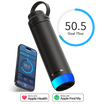
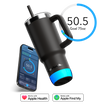
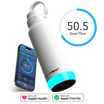
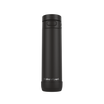
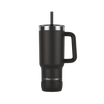
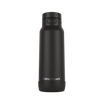
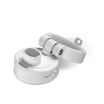
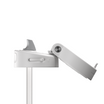
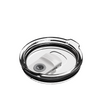
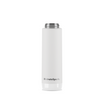
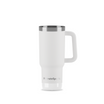
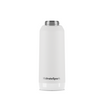
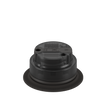
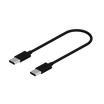

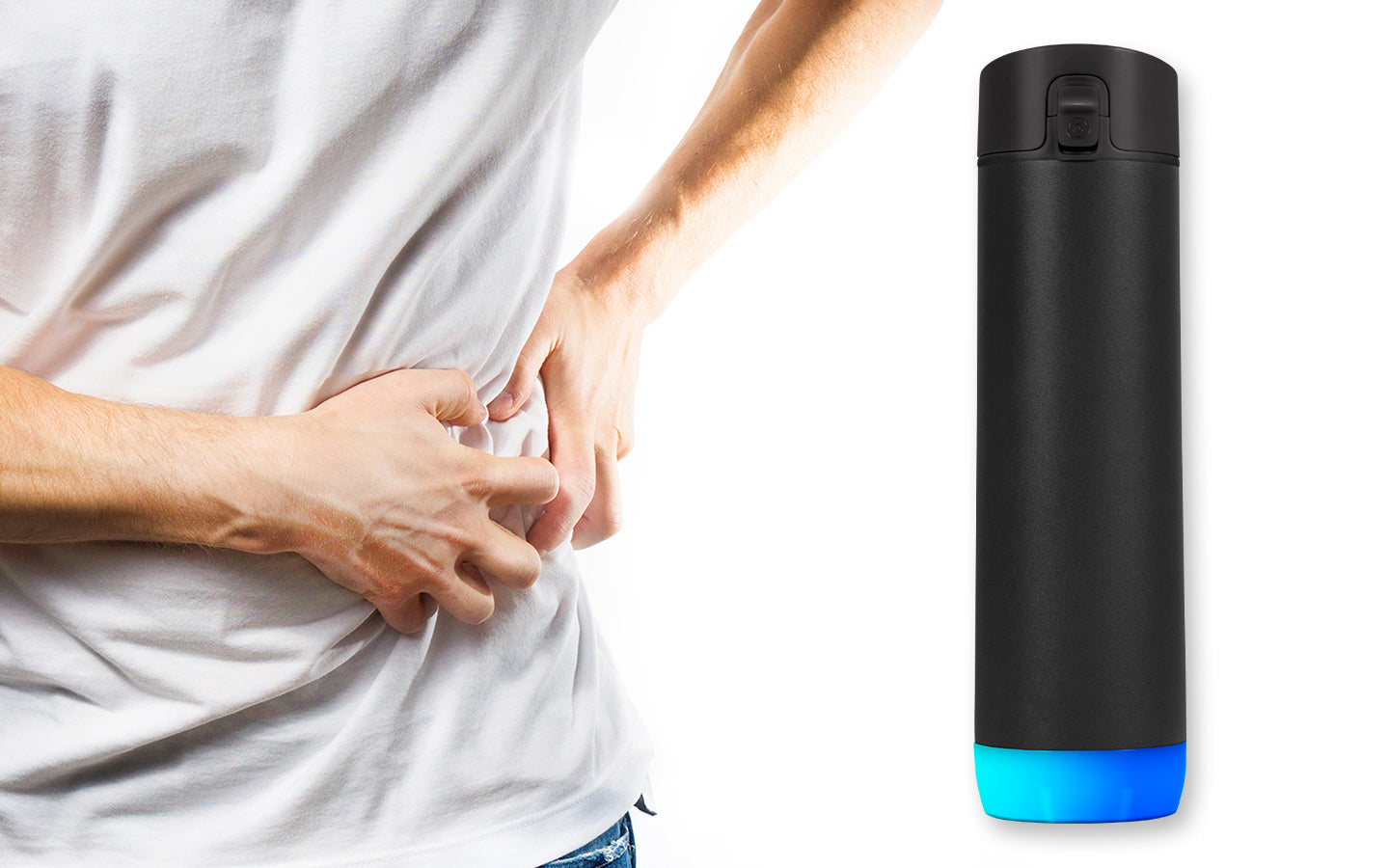

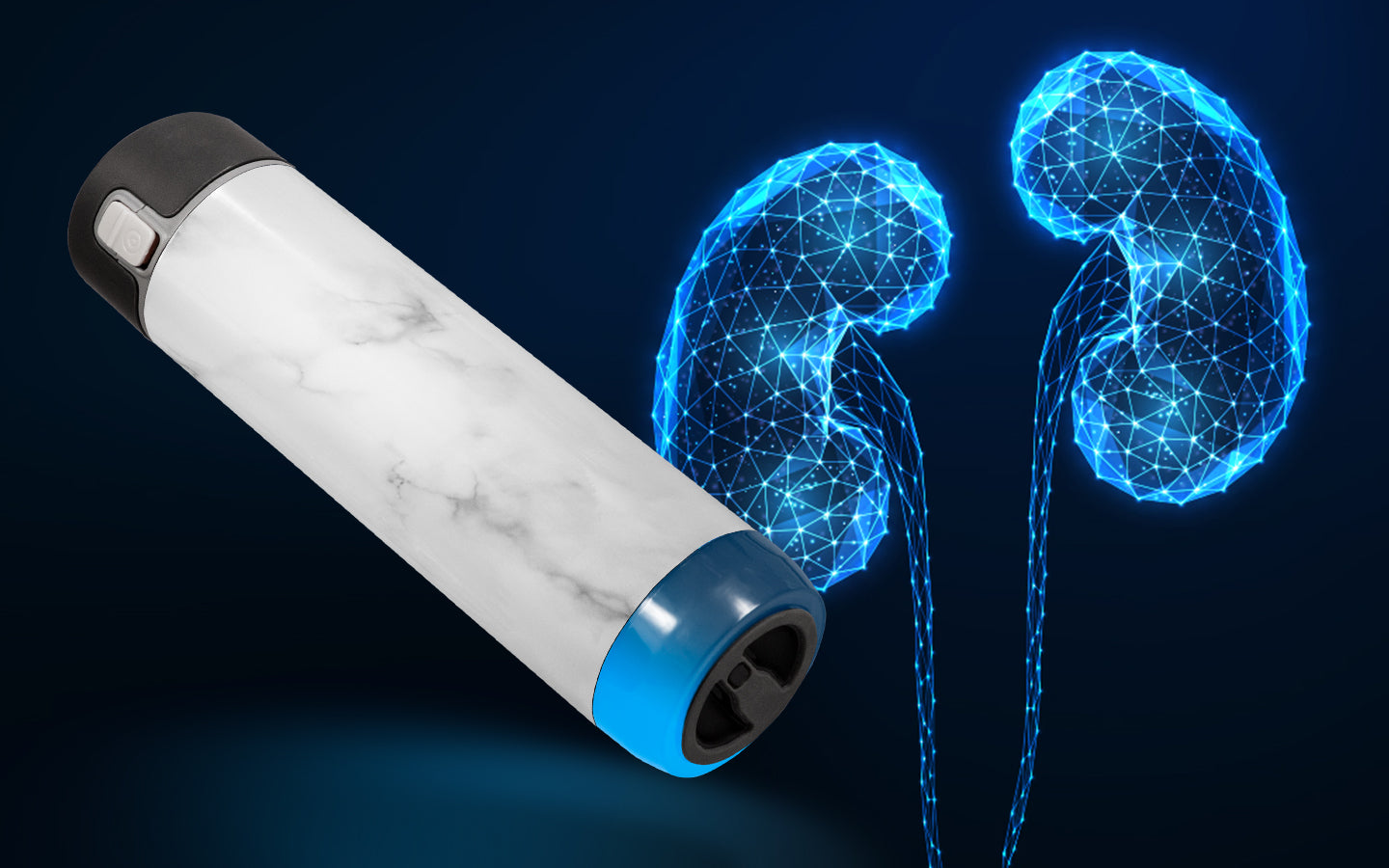
Leave a comment
This site is protected by hCaptcha and the hCaptcha Privacy Policy and Terms of Service apply.